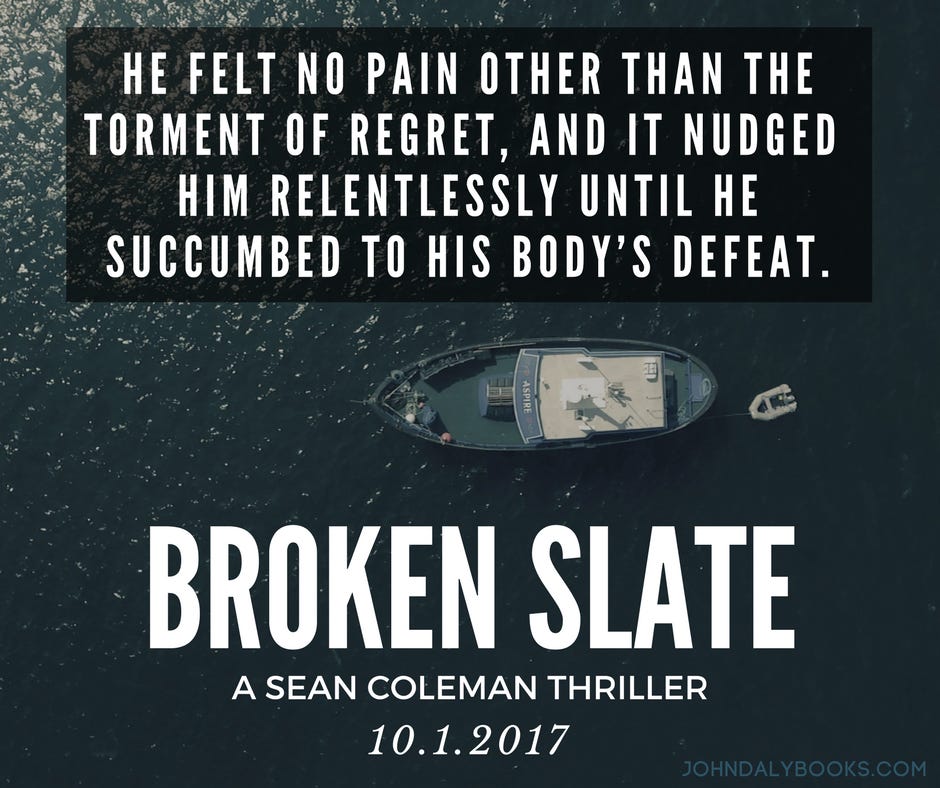There's an episode of The Office entitled "The Rumor" in which the Michael Scott character (played by Steve Carell) is frustrated with never being made privy to the latest office gossip. Always desperate for inclusion in the personal lives of others, it drives him nuts that his subordinates refrain from sharing such information with him.
So, when Michael happens upon the secret that one of his employees is having an extramarital affair, he can barely contain his excitement. He smugly makes his way from one worker to the next, spreading the "rumor" and reveling in the wide-eyed reactions to his news. He admits to loving being the center of attention until one of his employees explains to him that such news, if it gets back to the cheater's wife, could destroy that person's family.
Stricken with guilt, and desperate to clean up the potential mess he has created, Michael decides that the only way to fix the situation is to spread a slew of other rumors about other people in the office -- outrageously false ones. His hope is that when his subordinates compare notes, and recognize the ridiculousness of it all, they'll decide that nothing they heard that day was the truth -- including the real story about the affair.
The situation certainly made for some amusing sitcom material, but as my wife pointed out the first time we watched the episode, the strategy was actually pretty sound.
I mean, if applied to a similar real-world scenario, it could even actually work. Think about it: It's very difficult to neutralize a consequential story once it has seeped its way into our public discourse. But by flooding the entire terrain with overwhelming doubt, everything becomes suspect. When nothing feels real, apathy sets it and we eventually tune it all out.
I'd say that someone should test this theory, but we're already seeing it play out in our national politics just about every day. In an era where stories from propaganda websites fill up social media timelines, a biased news media continually creates politically-convenient narratives, and a U.S. president throws out baseless conspiracy theories at will, it's harder and harder for much of the public to have faith in anything they see or hear.
Who needs Russia meddling in our elections when this culture of disinformation is continually being stoked domestically by people at the top-tiers of our leadership and national media?
Take President Trump's ongoing campaign against "fake news" for example. Many of the president's supporters insist that it is a righteous crusade against, as Trump puts it, "the enemy of the American people." But if Trump had any interest at all in his countrymen getting the straight record on what's going on in our nation, he wouldn't routinely make up outlandish stories and present them to the public as fact. He would shoot down the nonsense, not try to one-up it.
Sure, the Trump faithful is always quick to explain to us that the president's untruths are mere exaggerations or business-lingo, and that we should simply accept the idiosyncrasy, and not take what he says literally. But that logic has always been deeply flawed (especially considering the level of deception), and these days it's downright obscene. The campaign is over. Trump is now the President of the United States. His words carry tremendous weight, and he knows this.
So why then does he continue to toss out substantial fabrications like the charge that President Obama ordered the tapping of his phones at Trump Towers? Does it help him politically? No. Does it expose the media's very real biases? No. What it does is make "the swamp" even murkier. It compels the pro-Trump faction of the media to entertain and defend yet another unjustifiable narrative in its ongoing competition against the Left's false premises and unproven charges (like Trump colluding with the Russian government during the election).
U.S. Senator Ben Sasse addressed the problem in an interview with Fox News's Bret Baier yesterday.
"We are going through a big civilization-warping crisis of public trust," said Sasse, commenting on F.B.I. Director Comey's testimony that there was no evidence to support Trump's wire-tapping claims. He also blamed "the way we consume our media," and added that we "don't have a lot of shared facts in the country right now."
Indeed, a shared set of facts should be a priority for anyone in a position of public trust, whether it's elected leaders or members of the news media. Unfortunately, some of these people seem absolutely intent on preventing such a basic consensus from ever being achieved.
Whether the goal is an unenlightened and incurious citizenry, or the covering up of specific inconvenient truths, the direction we're headed in is a post-reality America. And that's not good for anyone who values our free society.






